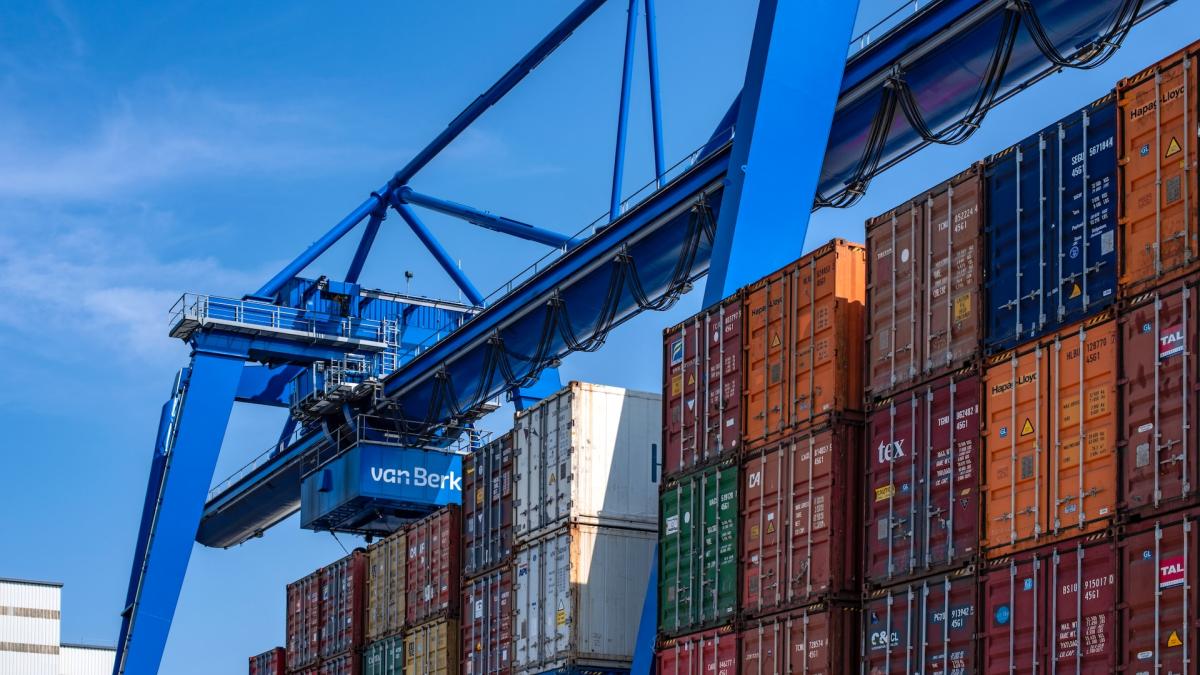A new measure of aggregate trade restrictions: cyclical drivers and macro effects
In this paper, we present a new measure of aggregate trade restrictions.

Executive summary
This paper presents a new measure of aggregate trade restrictions (MATR) using data from the International Monetary Fund’s Annual Report on Exchange Arrangements and Exchange Restrictions. MATR is strongly correlated with existing measures of trade restrictiveness but is more comprehensive in terms of country and time coverage. It is available for an unbalanced sample of up to 157 countries during 1949-2019. We use MATR to re-examine how trade restrictiveness varies with the business cycle, and how the macroeconomy looks in the aftermath of changes in trade restrictiveness. For the sample as a whole, MATR is typically a-cyclical but this average finding is heterogeneous across income groups: aggregate trade restrictions are a-cyclical in advanced economies but are counter-cyclical in emerging market and developing economies, especially in response to increases in unemployment. As to macroeconomic effects, increases in MATR are robustly associated with declines in GDP and in labour productivity (as well as being adverse for a range of other macroeconomic indicators).
JEL Classification Numbers: F13; F15.
Keywords: empirical; protectionism; tariffs; non-tariff barriers; cycle.
The MATR data set is freely available at https://sites.google.com/view/m-atr/. Helpful comments from Uri Dadush, André Sapir, Jeromin Zettelmeyer and seminar participants at Bruegel are gratefully acknowledged. Views expressed in this paper are those of the authors and should not be attributed to the IMF or other institutions with which the authors are affiliated.



